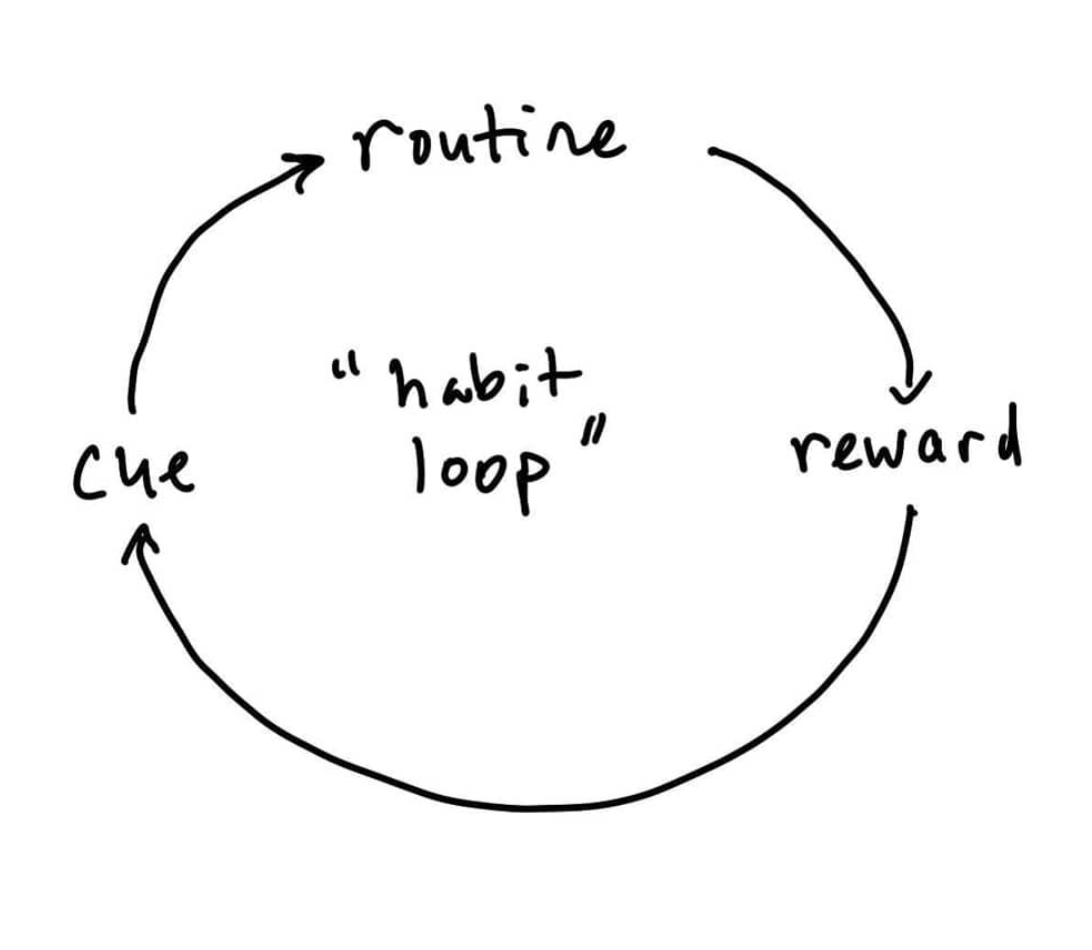The Nighttime Nibble: The Real Reason Behind Your Evening Snacks

Ever found yourself reaching for snacks after dinner, even when you're not really hungry? You're not alone!
This habit, common among many of us, is less about hunger and more about the habits we've woven into our daily lives.
Let's dive into the science and psychology behind this phenomenon and explore ways to create healthier habits.
The Science of Snacking: It's All in the Habit
Habits form through a simple but powerful process involving a trigger, a routine, and a reward.

In the case of post-dinner snacking, the trigger might be a specific time of night, a feeling of boredom, or even a certain TV show. The routine is grabbing a snack, and the reward? That satisfying crunch or the comfort of a familiar taste.
But here's the twist: this habit loop can trick our brains into confusing habit with hunger. Neuroscience tells us that repeated behaviors, like evening snacking, create neural pathways in our brains.
The more we follow these paths, the more automatic the behavior becomes.
This is why, even when we're not physically hungry, we might still feel a strong urge to snack.
The Weight of Our Habits
Now, how does this tie into weight gain?
Simple.
Habitual snacking can lead to consuming extra calories, often without us even realizing it. Over time, these extra calories can add up, contributing to gradual weight gain.
Let's break down how an extra snack of around 150 calories per day, like a small chocolate or some chips, can add up over time, using the metric system:
- In One Year: Consuming an extra 150 calories daily adds up to 54,750 extra calories in a year. This could lead to a weight gain of approximately 7 kilograms, considering that one kilogram of body weight is roughly equivalent to 3,500 calories.
- In Five Years: Over five years, those daily extra 150 calories amount to a whopping 273,750 extra calories. This could result in a weight gain of about 35 kilograms over the five-year period.
These numbers highlight how small, seemingly insignificant daily habits can have a substantial impact on our weight and overall health over time. It's a powerful reminder to be mindful of our daily choices and their long-term consequences.
This is where awareness plays a crucial role. By recognizing our habits and understanding their triggers, we can start to take control.
What can I do?
Changing a habit isn't easy, but it's definitely possible.
Here's a step-by-step guide to help you get started:
- Identify the Trigger: Pay attention to what prompts your snacking. Is it a time of day, an emotion, or an activity?
- Choose a Healthier Routine: Once you know your trigger, replace the snacking with something healthier. This could be a glass of water, a piece of fruit, or even a non-food activity like a short walk or a few minutes of meditation.
- Find a Reward: Your new routine should also include a satisfying reward. Maybe it's the feeling of pride in making a healthier choice, or the physical boost from a quick stretch.
- Repeat and Reflect: Habits take time to change. Stick with your new routine, and reflect on how it makes you feel. Are you less bloated? Do you have more energy?
- Stay Mindful: Keep an eye on your snacking habits, and if you slip back into old patterns, don't be hard on yourself. Just refocus and try again.
A Tale of Change
Imagine Sarah, who always found herself munching on chips while watching her favorite late-night show. She realized this was more habit than hunger.
So, she started knitting during the show instead. This new activity kept her hands busy and her mind engaged. Over time, she noticed she was snacking less and feeling better. Just like Sarah, you can rewrite your evening routine.
Your Turn to Change
Changing habits isn't just about cutting out snacks; it's about creating a healthier, happier you.
Start small, be patient, and remember: every big change begins with a single, small step.
What new habit will you create tonight?
By understanding the psychology behind our evening snacking habits and taking proactive steps to change, we can make significant strides in our health and well-being.
So, next time you reach for that bag of chips, pause and ask yourself: Am I hungry, or is this just a habit? The answer might surprise you!